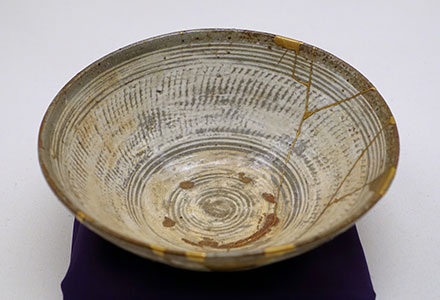There are lots of reasons you might feel like your life is over. Maybe a relationship just ended, and it seems like it’s your fault. Maybe you’re struggling in school or even dropped out. Maybe you’re pushing your friends and family members away. It could even be something that sounds small to other people but feels huge to you.
If you need immediate help, you can reach the Suicide & Crisis Lifeline by calling or texting 988 or using the chat box at 988lifeline.org/chat. You can also text “MHA” to 741-741 to reach the Crisis Text Line. Warmlines are an excellent place for non-crisis support.
Ultimately, when it feels like your life is over, there are two important steps you’ll need to take to find the strength to go on: let yourself grieve, and find a way to pick up the pieces.
Let yourself grieve
Give yourself time to grieve the things you’ve lost. Losing a relationship, or a dream, or a belief system, can put you through some dark times. Allow yourself to feel sad about what’s happened.
Sometimes what you have to grieve the most is your expectations. It may be that your life will never be what you thought it would be, or should be. To be honest, most people’s lives don’t turn out the way they expected. But with time, you can learn to pick up the pieces, and build something worth living for. People are incredibly resilient—we bounce back from things we never knew we had the strength for.
Picking up the pieces
So how do you put your life back together once you’re finished grieving? Here are a few questions to ask yourself to get started:
- What do you still have left? It may sound corny, but taking time to think about what you still have, and being grateful for it, can have a real positive impact on your mental health.
- What can you still hold on to? Maybe you defined yourself in terms of something that you’ve lost. That can be really disorienting. But whatever it was, it wasn’t the whole picture. You’re still here—what does that look like, and what does that say about what makes you, you?
- What makes you feel good? Take a moment to think about your self-care. What makes you feel good? What do you enjoy? What would you like to spend more time doing, seeing, hearing, tasting, experiencing? Start with things that are small and within your reach.
- What have you learned? Making mistakes—even really big ones—is how we grow. Nobody who is really successful has gotten there by never making a mistake. Whether you’re going to try again at the same things, or find a new goal to pursue, you’ll be approaching it with more knowledge and experience than you had before.

This photograph shows a ceramic dish that has been broken—and repaired with gold. (This is a Japanese technique called kintsugi.) The cracks represent a permanent loss… but they also allow the dish to be more beautiful than it was before—and a lot more interesting. Picking up the pieces might not leave you with the life you dreamed of, but you may be surprised at what you can build.
"*" indicates required fields
